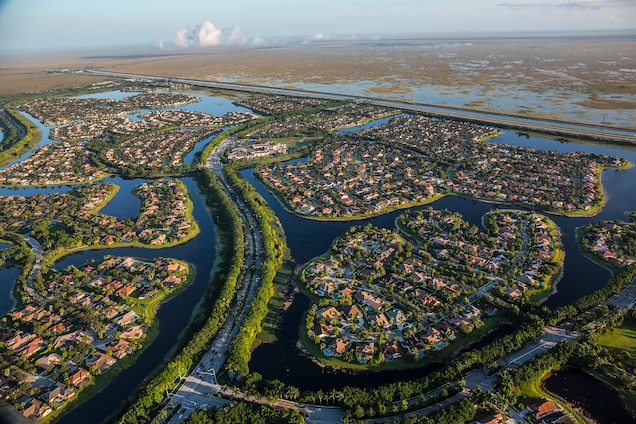Maritime mayors and politicians around the world have signed an agreement to fight the erosion of coastal cities, a phenomenon they say is gathering pace due to climate change.
The mayors signed the ‘Sea’ties’ initiative during the One Ocean conference in Brest, France, where leaders from around the world are currently meeting to discuss issues pertaining to the blue economy.
Recall that the initiative was started to provide a platform for sustainable policies and solutions aimed at mitigating the damage of rising sea levels.
Thermal seawater expansion and glacier melt have caused them to rise by about six to eight inches, with devastating consequences In the past 100 years.
Read also: UAE minister says protecting marine resources top priority
In coastal cities around the globe, with Africa’s largest city – Lagos, in Nigeria – on the maritime front line, much reparative and palliative work is said to be already underway.
The Lagos State Commissioner for Environment, Tunji Bello, told One Ocean summit delegates, “When we were growing up [in the 1960s and 1970s] we used to walk about two kilometres before you see the ocean”.
He maintained that by the 1990s, the ocean rise had taken over the dual carriageway, adding that the inexorable oceanic annexation of Lagos led to the municipal government in 2005 taking over from the federal government to find a solution.
“What we did was to start re-engineering,” Bello said. “So far, we have been able to recover about 6.5 kilometres of the city, so you have to walk about three kilometres now to see the ocean”.
He explained that a new city is now emerging and that the state has created about 1000 hectares of land.
He stated that the target is to reach 8.5 kilometres, adding that it was a great challenge particularly financially.
“With only two kilometres to go, the challenge looks attainable – but the coastal city of Lagos is only one part of the region, and many areas farther out are increasingly affected”.
Story was adapted from the National News.
